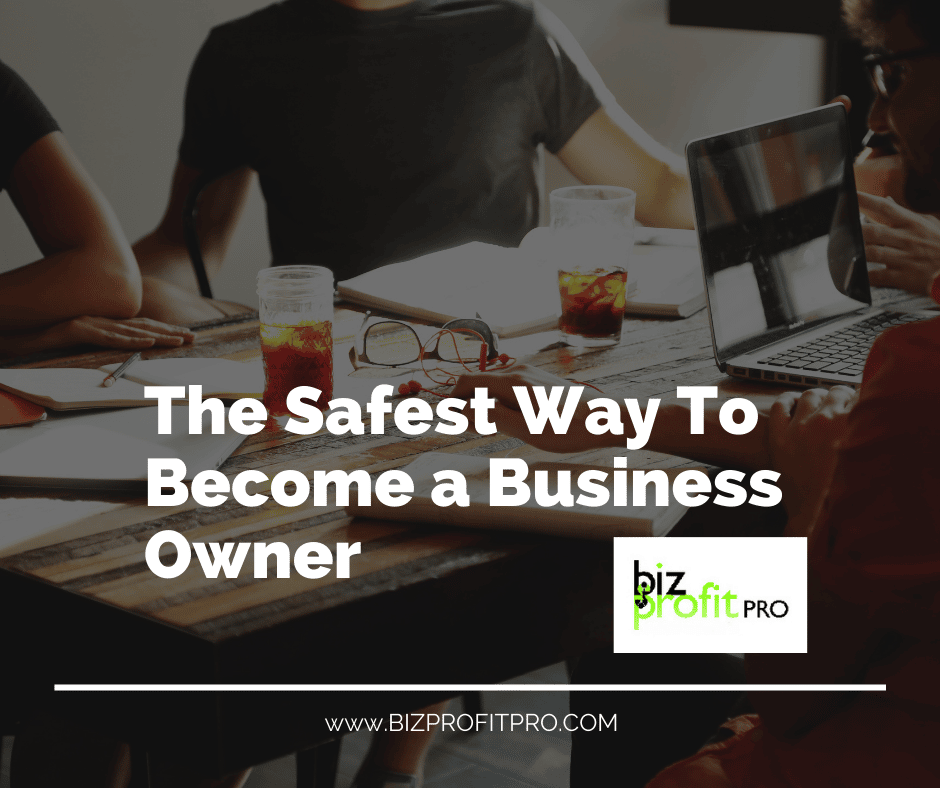7 Benefits of Buying An Existing Business
Buying an existing business is the safest way to become a business owner. Starting a business isn’t easy and is risky. A better way to become a business owner is discussed in this article. Buying an existing business is the safer way to become a business owner. There are many advantages to buying an existing business; we will list the benefits of buying an existing one here. This will allow you to avoid the top reasons why start-ups fail 90% of the time.
Reliable revenue
Buying an existing business provides revenue already in place by the previous business owner. The company has a reputation in the marketplace that takes significant time to build and cultivate, and you will have it instantly. It will be easier to get credit from vendors because they are familiar with the company. You can also use equipment, inventory, and other assets to help finance the purchase of the business or working capital.
Pre-established brand presence
A business for sale already has brand loyalty and repeat customers. According to the Small Business Administration, 90% of startups fail. Companies fail because they run out of money, have poor market research, ineffective marketing, and many other reasons outside this article’s scope. Buying an existing business gives you customers on day one. While you may have a different vision for the company’s future, you have an excellent place to begin on day one.
Pre-existing customer base
One of the most significant advantages of buying an existing business Is that it already has customers. Buying a business does not change the customers, just the ownership. Furthermore, improving the company will increase revenue and enhance customer loyalty.
Trained employees
A startup business will have a steep learning curve. You can learn from mistakes yourself and train new employees to carry out the duties required by the operation. The race to get enough paying customers and operation efficiency before you exhaust your capital. Since startup resources are frequently limited, this is a high-risk way to get into business. An established business employs experienced people who are trained and familiar with providing the company’s goods and services. Buying a company will provide you with a valuable labor force on the first day of ownership.
Proven supply chain
When you buy a business, it already has vendors and a supply chain. The company will have professional relationships with vendors, suppliers, or resources the business needs to serve its customers. A new supplier may hesitate to work with a new business because it has no record or history of paying its debts.
Transitioning period
Another advantage of buying an existing company is the transition period. This is right after the company is transferred to the new owner. The new owner gets to learn hands-on from the recent owner, so the new owner understands the systems and procedures and how to operate the business. The new owner can make any changes that will improve the current methods, but it’s best practice to exercise careful analysis and patience before making changes.
History of Financial Performance
Buying a company operating for a few years will imply predictable revenue. An existing company will transfer the financial history to new ownership, reducing the risk compared to a startup. Purchasing an established business will allow the owner to accurately maintain the current business model with historical data to forecast future performance. The new owner will have an easier time growing a business that is already working but can be improved under new management.
Negatives of Buying an Existing Existing Business
Higher Entry Cost
There are many advantages to buying an existing company, but some risks associated with buying an established business should be carefully considered in your decision. There is a higher cost of entry to buy an existing business because it includes the company’s , inventory, furniture, fixtures, and goodwill. The initial cost will be much higher than the initial outlay for a startup, making it critical to know how to value the business. Bank financing can bring out-of-pocket costs down to 10% to 20% of the sales price, with 80% to 90% being financed. Debt service also needs to be considered as an additional cost.
Management challenges
New owners will have to establish a style of leadership that may not be accepted by employees who are used to past leadership. Employees may be loyal to the old ownership and may not have the same enthusiasm they had for the past owner. Other challenges include old equipment that may be nearing the end of its service life.
Making The Right Decision For Your Situation
In most cases, there are substantial advantages to buying an existing company, but every situation is different. 10% of startups are successful, so there are times when it works. Ultimately, the decision should be made on the best possible financial outcome with the least risk. Spending more money might be less risky than spending less upfront with a startup. In addition to the economic implications, the quality of life or passion for the work should be factored into the decision. Click the button below to get specific information you can use now when buying a business.
